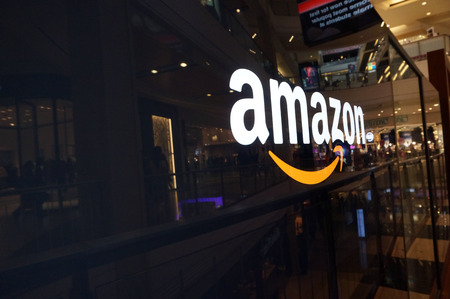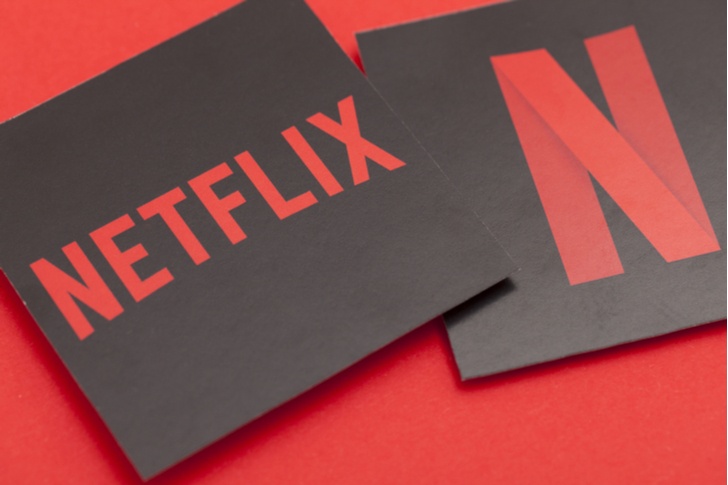The old way of providing healthcare in the United States is fast disappearing and being replaced by new technologies, which is changing the way healthcare is dispensed. And many of these new providers of healthcare are not your traditional healthcare companies. These are among the findings of the latest research from PricewaterhouseCoopers (PwC).
Some interesting data garnered by PwC illustrates the changes occurring. PwC found that only 17% of doctors used EHRs (electronic health records) and 11% of people in the U.S. had a smartphone in 2008. But now those percentages have risen to 87% and 79%, respectively. That essentially opens the door for technology firms to step through and deliver what patients want and need, faster and more effectively than traditional healthcare providers.
No wonder then that PwC said it found that the U.S. healthcare system is undergoing “seismic change”.
This seismic shift in how healthcare is provided is being led by very familiar technology names – Apple, Google, Microsoft, IBM and, of course, Amazon.com (Nasdaq: AMZN).
Amazon AI and Healthcare
I have written about the latter’s forays into the healthcare field several times and for good reason. A recent survey (2018 Healthcare Prognosis Survey) from the venture capital firm affiliated with the Rockefellers, Venrock, found that 51% of participants thought Amazon would have the biggest impact on the healthcare industry in 2018 among the technology firms. The next closest was Apple at 26%.
Among the healthcare initiatives coming from the company are Amazon, JPMorgan and Berkshire Hathawayannouncing (in December 2017) the formation of a new healthcare company which would use technology to provide high-quality healthcare to patients and families more simply, and at a more reasonable cost. The initial focus of this company would be the employees of the three companies.
This move and just the rumor of Amazon’s entry into pharmaceutical and medical supplies distribution sent the stock prices for more established healthcare companies and pharmacy chains tumbling a few months ago.
Amazon is well-known as a disruptor into whatever industry it gets into, so it is intriguing because the U.S. healthcare industry is so ripe for disruption. Just consider this…
In 2016, U.S. per-person healthcare expenses were $10,348. That was more than double that of other first-world countries that offer universal health coverage. Here are some examples from other developed countries: $4,752 in Canada, $4,600 in France, $4,708 in Australia, and $4,192 in the U.K. And for all that money here in the U.S. in many ways our healthcare below that of other advanced nations. For example, medical errors kill more Americans annually than motor vehicle accidents.
Much of what Amazon (and others) are likely to do will center around the use of artificial intelligence (AI). This is the model followed by the Chinese tech giants, Alibaba and Tencent, which have been experimenting with employee healthcare software for years now.
The New York Times reports that over 130 Chinese tech firms were using AI to increase efficiency and accuracy (right diagnoses) in the overburdened Chinese health system. The Amazon venture with JPMorgan and Berkshire Hathaway will likely go down the same path, perhaps using AI to forecast patients’ needs based on data collected from patients with a similar health history.

Alexa, How Am I Feeling Today?
If Amazon does go down the AI path, a big part of that will involve its smart assistant, Alexa. There are lots of rumors around that Amazon is building a “health & wellness” team within its Alexa division.
Alexa is already being used in a number of healthcare-related ways. Here are just a few…
In September, Amazon announced that basic health information and advice provided by the Mayo Clinic would be available on Alexa. Users can download the Mayo Clinic First Aid skill on their device and then voice their concerns to the machine, which will give answers to dozens of everyday health issues or other self-care instructions. In a similarly vein, in March 2017, people looking for quick answers to care questions could also integrate the WebMD skill on any Alexa-enabled device. Next on Amazon’s list for Alexa may be diabetes care. Last autumn, the winner of the Alexa Diabetes Challenge was a voice-enabled diabetes support platform called Sugarpod.
The ultimate goal is to make Alexa more “useful in the healthcare field” with information on health for expectant mothers, newborn infants, people with disabilities, people with chronic diseases and tools for our aging population.
The main obstacle may be the government’s HIPAA requirements to ensure users’ data remains private. But I suspect Amazon will work through this and become HIPAA compliant. After all, they are not Facebook.
Investment Implications
Besides investing in Amazon, what are the investment implications of this upcoming change in how healthcare will be delivered?
Some on Wall Street say that Amazon has lost all interest in the distribution of drugs and medical supplies to hospitals and other healthcare facilities. I think these are just hopeful wishes coming from people that own the traditional healthcare supplies provider stocks.
Related: Sell These Healthcare Middlemen About to Get Amazoned
In other words, the companies that I told you before that are vulnerable to disruption from Amazon still are. Some of these I’ve mentioned before including drug distributors Cardinal Health (NYSE: CAH) and McKesson (NYSE: MCK). But it also includes companies that move basic supplies to doctors, dentists and veterinarians such as Henry Schein (Nasdaq: HSIC) and Owens & Minor (NYSE: OMI). Just a few months ago, the CEO of Owens & Minor, Paul Cody Phipps, said on a conference call that Amazon was talking to many large hospital systems, “including our customers.”
Two ETFs that are loaded with middlemen stocks, the iShares U.S. Healthcare Providers ETF (NYSE: IHF) and the SPDR S&P Health Care Services ETF (NYSE: XHS), should also be avoided.
Amazon will make it a tough environment for the middlemen that have fed at the healthcare trough for many years. And even President Trump’s recent speech on healthcare took aim the middlemen, and he vowed to eliminate them. These companies will be at the epicenter of the seismic change in the U.S. healthcare system and should be avoided.
Buffett just went all-in on THIS new asset. Will you?
Buffett could see this new asset run 2,524% in 2018. And he's not the only one... Mark Cuban says "it's the most exciting thing I've ever seen." Mark Zuckerberg threw down $19 billion to get a piece... Bill Gates wagered $26 billion trying to control it...
What is it?
It's not gold, crypto or any mainstream investment. But these mega-billionaires have bet the farm it's about to be the most valuable asset on Earth. Wall Street and the financial media have no clue what's about to happen...And if you act fast, you could earn as much as 2,524% before the year is up.
Click here to find out what it is.
Source: Investors Alley









